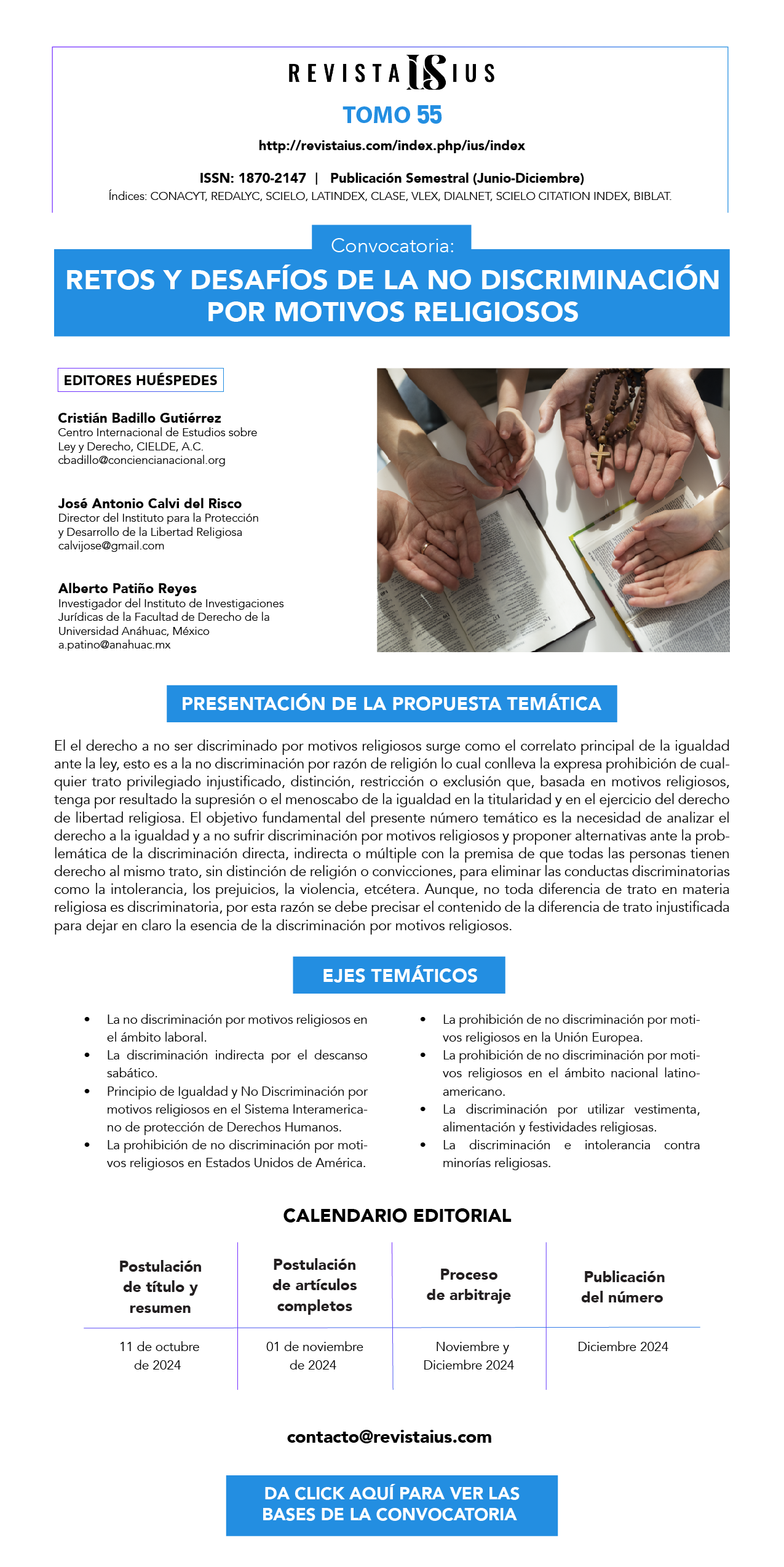Military Use in Public Security Operations: Is it ever Advisable?
DOI:
https://doi.org/10.35487/rius.v13i44.2019.475Palabras clave:
military, military missions, military operations, police patrols, internal security, public security, Mexico, human rightsResumen
Countries throughout the Latin American region have introduced the armed forces into internal security operations of one kind or another. Since militaries are accustomed to using maximal levels of violence to defeat enemies, such interventions could pose threats to civilians. However, it may be that those risks vary, depending upon the nature of the intervention. Internal security challenges must first be disaggregated to explore the varieties of operations that militaries undertake. Militaries can adhere to this and other international human rights standards of behavior, when the requisites of the mission are compatible with their pre-existing skill sets. Where they are not, human rights violations will inevitably result. Evidence for this comes from research on counter-narcotic operations in Mexico, where military police patrols are differentiated from high value targeted operations.
Descargas
Descargas
Publicado
Número
Sección
Licencia
Revista IUS por el Centro Internacional de Estudios sobre Ley y Derecho. se distribuye bajo una Licencia Creative Commons Atribución-NoComercial-CompartirIgual 4.0 Internacional.
Autorizamos a sus colaboradores a que suban una copia de sus trabajos publicados en sus webs personales o en cualquier repositorio de acceso abierto, siempre y cuando se mencione específicamente a la Revista IUS como fuente original de procedencia, citando el año y número del ejemplar respectivo y añadiendo el enlace a la página web donde este órgano editorial puede ser consultado in toto, de manera abierta y gratuita en: http://www.revistaius.com
Las y los lectores tienen libertad para:
Compartir, copiar y redistribuir el material en cualquier medio o formato.
El licenciante no puede revocar estas libertades en tanto usted siga los términos de la licencia.
De acuerdo con los siguientes términos:
Atribución: El lector debe reconocer el crédito de una obra de manera adecuada, proporcionar un enlace a la licencia, e indicar si se han realizado cambios. Puede hacerlo en cualquier forma razonable, pero no de forma tal que sugiera que tiene el apoyo del licenciante o lo recibe por el uso que hace.
No comercial: El lector no puede hacer uso del material con fines comerciales.
Si remezcla, transforma o crea a partir del material, deberá difundir sus contribuciones bajo la misma licencia que el original.
Cargos por gestión de artículos
Revista IUS no cobra tarifas por recibir, procesar o publicar los artículos (Article Processing Charge [APC]) enviados por los autores.





